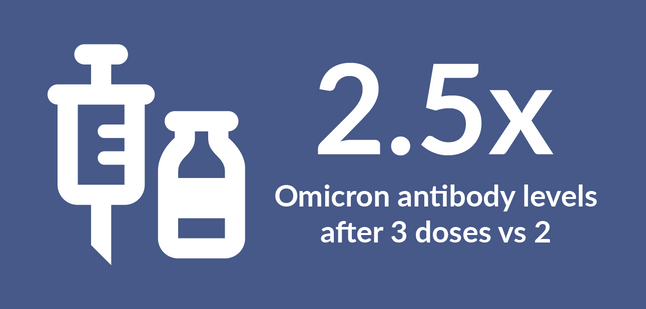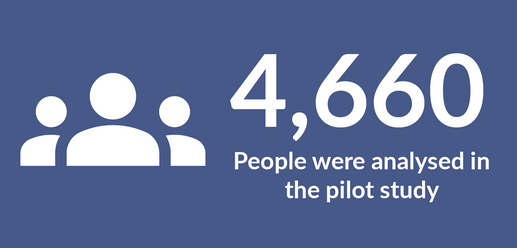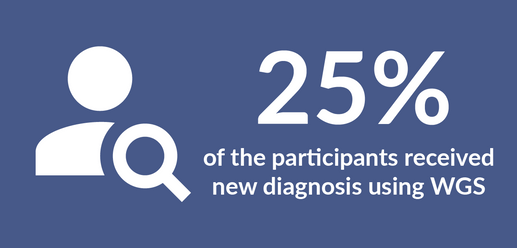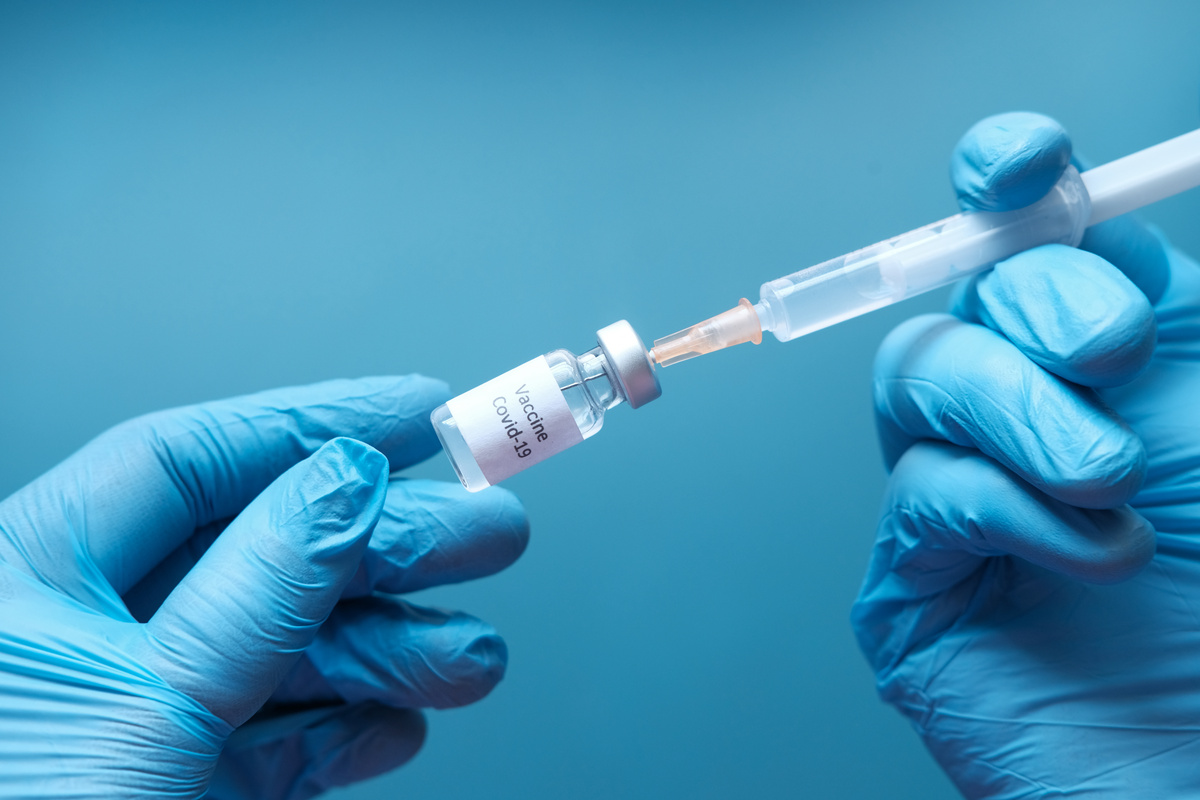
Research breakthroughs
Latest news from the NIHR University College London Hospitals Biomedical Research Centre
18-24 year olds at highest risk of weight gain
Being a young adult aged 18 to 24 is a more important risk factor for weight gain than sex, ethnicity, geographic region, or socioeconomic area characteristics, according to a new study.
The study, published in The Lancet Diabetes & Endocrinology, found 18-24 year olds were at highest risk of becoming obese in the next decade of their life than any other age group.
Read FULL STORY
YouTube explainer by the study authors
Landmark clinical trial for management of severe hearing loss launches
The world’s first study to establish the best treatment options for adults struggling with severe hearing loss has launched at UCLH.
Researchers in the COACH study (comparing cochlear implantation versus hearing aids in adults with severe hearing loss), will aim to find out what is better for this group of patients – hearing aids or a cochlear implant.
Read FULL STORY

Prof Shakeel Saeed
Principal Investigator
of the study at UCLH
“This landmark study will look to address an important question about who can benefit from cochlear implants. As the first study in the world to do this it could have a tremendous impact on the treatment of patients globally. An important part of the trial is the fact that is has been designed and developed alongside patients with severe hearing loss.”
New approach to make research a part of everyday clinical care
UCLH clinicians and researchers are to test a novel way of running clinical trials using the hospital’s electronic health records system. The new approach is designed to reduce research costs, answer clinical questions difficult to answer through traditional trials and enable many more studies to take place.
The approach uses a computer prompt to ask a clinician making an everyday care decision, especially where there is no clear cut wrong or right answer, whether the patient should be randomised into a study or not.
Second generation CAR T-cell therapy trialled in patients
A new CAR T-cell therapy has fewer ‘toxic’ side-effects and is more durable, targeting and killing cancer cells for longer, a Phase 1 clinical trial of patients at UCLH has concluded.
Researchers say the findings offer new hope to adult patients with ‘relapsed B-cell acute lymphoblastic leukaemia’ (r/r B-ALL), for which there is currently no approved ‘curative’ treatment available.
Covid-19 vaccine booster provides good antibody protection against Omicron
A third ‘booster’ dose of COVID-19 vaccine successfully raises antibody levels that neutralise the Omicron variant, according to laboratory findings from the NIHR UCLH Biomedical Research Centre and the Francis Crick Institute, published as a Research letter in The Lancet.
In people who had received the Pfizer/BioNTech vaccine for all three doses, antibody levels against Omicron after a third dose were similar to those previously reached against Delta after only two doses. Overall, antibody levels were nearly 2.5x higher against Omicron after three doses compared to after two.

Vision for AI to transform hearing care set out

UCLH and UCL researchers have set out how artificial intelligence (AI) can and should be harnessed to transform hearing healthcare and research.
In a paper published in Nature Machine Intelligence, they highlight the potential of AI to significantly improve screening, diagnosis and management of hearing and ear conditions, and how ‘telemedicine’ can improve access to hearing care and enable care during a pandemic.
Investigational treatment may reduce need for a ventilator for hospitalised Covid-19 patients
An oral treatment may reduce the need for oxygen therapy and speed recovery of hospitalised COVID-19 patients.
Early findings from the ATTRACT trial – led by an academic-pharma collaboration between Vicore and UCLH and UCL and part funded by LifeArc – have been encouraging and have led to a larger trial in which 600 patients will receive the treatment.
Whole genome sequencing improves rare disease diagnosis in world first study
A world-first study at UCLH and UCL has shown that whole genome sequencing (WGS) can uncover new diagnoses for people across the broadest range of rare diseases investigated to date and could deliver enormous benefits for the NHS.
The pilot study of rare undiagnosed diseases, which analysed the genes of 4,660 people from 2,183 families, found that using WGS led to a new diagnosis for 25% of participants. Of these new diagnoses, 14% were found in regions of the genome that would be missed by other conventional methods, including other types of non-whole genomic tests.


Covid-19 and flu vaccines can be given at the same time
People can safely receive the Covid-19 and influenza vaccine at the same time, according to a new study.
The Combining Influenza and Covid-19 Vaccination (ComFluCOV) study found that immune responses to both the influenza and Covid-19 vaccine were preserved when given together, and 97% of participants said they would be willing to have two vaccines at the same appointment in the future.
Hormone therapy abiraterone could halve risk of prostate cancer death for some patients

Prof Gert Attard
Study co-leader
UCLH and UCL Cancer Institute
Adding the hormone therapy abiraterone to the standard treatment for locally advanced prostate cancer, where the cancer has a high chance of spreading, could halve the risk of death, according to the results of a trial at UCLH and UCL.
The researchers suggest that hormone therapy using abiraterone with the hormone prednisolone could significantly reduce prostate cancer deaths and improve outcomes for thousands of people every year.
Using abiraterone for this group of people is now being considered for use by NHS England based on this research. If successful, it could be rolled out to patients immediately.
Study looks at lower dose for Covid-19 booster vaccine
UCLH has begun a study to see if people receiving their booster Covid-19 vaccination can be given a lower dose of vaccine.
The COV-Boost ‘Fractional Dosing’ study will see if lower doses give as good an immune response in young adults as existing doses.
Using lower doses could allow existing stocks of vaccines to be given to more people, which is important while the need for vaccines is greater than the number of doses available globally. Lower doses may also be linked with fewer side effects or lower rates of already rare adverse events.

The study is looking for volunteers who:
- are between 18 to 30 years old
- have had two doses of the Pfizer or Moderna Covid-19 vaccines, with at least 3 months (84 days) since their second dose
- have not received a booster
Potential drug targets identified for treating Parkinson’s
UCLH and UCL researchers have identified up to 23 genes which could be targeted by drugs to treat Parkinson’s disease (PD). There are currently no disease-modifying treatments for the debilitating neurodegenerative disorder.
In the study published in Nature Communications, which used a type of genetic analysis known as Mendelian randomization, researchers found that six of these 23 had particular potential as drug targets.
For more research:
Visit the BRC website
All the latest research news are published on the Biomedical Research Centre's website.
Follow us on Twitter
We share the latest research news and updates on training opportunities.
Find a study
Do you want to participate in research? Our Find A Study website lists current trials at UCLH.